Earlier this week, we posted about how Sirens’s programming works—and we highlighted how, each year, our programming is the collective work of our attendees. Regardless of your vocation, your level of experience, or your number of years at Sirens, you have something to say. And we hope that you’ll take a crack at sharing your thoughts and expertise as part of our programming this year!
Today, we have general programming information, how to find help from real people, tips and tricks for proposing programming, and answers to frequently asked questions on our programming process. Here we go!
General Information
-
We are accepting proposals from April 4 to May 15. All proposals must be submitted in full, including any supplemental abstracts for panels, by May 15, and all presenters must have “checked in” by following the links in emails that we send out when a main presenter indicates there will be a co-presenter.
-
The Sirens vetting board will make decisions by June 11. All accepted presenters must be registered and paid for Sirens by July 10.
-
We will have three scholarships (a 2019 Sirens registration and round-trip shuttle ticket) available for exemplary programming proposals. You can apply for these scholarships as part of the submissions process.
-
You can propose programming in a number of formats: papers or lectures (including as a set of pre-empaneled papers/lectures on a single topic), panels, workshops, roundtable discussions, afternoon classes, or a combination of multiple formats. (Please consult with the programming team before you submit a combination, though!)
-
You are welcome to present with co-presenters, except for roundtables, which must have a single moderator. Please note that the person submitting the proposal will be our main contact for the proposal (and in the case of a panel, will be the moderator). Again, please make sure that your collaborators are aware that they will need to confirm their participation by May 15—and in the case of panels and pre-empaneled papers, will need to submit a 300–500-word abstract of their own (note that the vetting board will review all abstracts in determining whether to select a proposal).
-
All communication is via email. Please use an email address to which you’ll have access throughout 2019, and that you check regularly.
-
Programming is reviewed and approved by an independent vetting board. All proposals are kept confidential.
-
Additional information can be found in Sirens’s official Call for Proposals.
Help from Real People
-
Programming Chats: Have questions? Looking for topic ideas or collaborators? Want some advice on selecting a presentation format? We’re holding two online chats with our programming team. They don’t make the selection decisions, but they’re full of thoughts that might be helpful! Chats will be held here at the following times:
Saturday, April 13, 1–3 p.m. Eastern (10 a.m.–noon Pacific)
Monday, May 13, 9–11 p.m. Eastern (6–8 p.m. Pacific) -
Free Topics: All through March and April, we’ll be tweeting programming topics that are free for you to take, develop, and use in your programming proposal. You might take them as is, you might use them as inspiration, or you might find that they get your brain moving! Follow us on Twitter @sirens_con or check out #SirensBrainstorm.
-
More Questions: Email us! You can contact our programming team at (programming at sirensconference.org). They can’t guarantee your acceptance, but they’re full of helpful advice, and are glad to help you figure out the best format for your proposal, answer questions about the process, and so on.
Tips and Tricks
-
Everyone is welcome to propose programming! Sirens is a conference where readers and students present alongside authors and scholars, who present alongside librarians, educators, and publishing professionals. Everyone’s voice is valid, valuable, and necessary to our conversations and our community!
-
Look at past programming schedules. Our vetting board knows what topics have been presented in past years—and you should, too, so you don’t repeat them! New topics, or brand-new takes on old topics, will be considered more favorably. We make all our past programming available in our conference archive.
-
Go beyond introductory topics and analysis. Sirens is over ten years old, and we assure you, most Sirens attendees are well-versed in basic topics like “Reclaiming Fairy Tales” and “What is Diversity?” Push further the sophistication of your topic and your analysis.
-
Consider what type of presentation suits your topic best. We’ll be doing a deeper dive on each of these next week, but here’s a preview: papers and lectures are good for experts to convey information or frame an argument; panels are suitable for rigorous debate among experts with differing expertise or opinions; workshops and afternoon classes are perfect for hands-on explorations of practical topics; and roundtable discussions are great for topics where every audience member will have an opinion or contribution.
-
Focus on one or two proposals rather than several. This will help ensure your proposals are well-prepared and well-argued—and will increase their likelihood of acceptance.
-
Choose your co-presenters wisely. We strongly encourage you to seek out co-presenters with a variety of expertise, perspectives, and identities. Differences in expertise can bring additional thoughts and approaches to your work, while different perspectives and identities can enrich discussion and debate over your topic. (Bonus tip: If your topic is for people with complementary expertise to present information, we strongly encourage you to consider a paper or lecture with co-presenters, rather than a panel; the panel format is best suited for discussion and debate among panelists with different perspectives.)
-
Leave enough time to write a thoughtful summary and abstract. Since these descriptions are what the vetting board will judge your proposal on and will determine fellow attendees’ interest in your topic, it behooves you to not wait until the last minute! This is especially true for pre-empaneled papers and panels, where co-presenters must also submit an abstract by May 15.
-
You are not required to present on this year’s theme of heroes. Proposal topics must be relevant to Sirens, but do not need to address our theme for this year. Please do be sure that, at minimum, you’ve mentioned how your topic relates to fantasy!
Frequently Asked Questions
What are the requirements for being a presenter at Sirens?
The only requirement is that you must be a Sirens attendee, which also means you have to be 18 years old by October 24, 2019. Otherwise, everyone is welcome to propose programming—and if accepted, to present it!
How can I find co-presenters or panelists?
You can tweet @sirens_con or post on the unofficial Sirens Attendees Facebook group. You might also be able to find co-presenters or co-panelists at our programming chats.
How many proposals can I submit?
There is technically no limit, but we recommend focusing on one or two as it usually makes for better-prepared (and better-received) proposals.
Can I change my proposal later?
Before the May 15 deadline, you can submit a correction or contact us to withdraw and resubmit the proposal. Following May 15, however, we will pass your proposal on to the vetting board and you can no longer make changes.
Can I contact the vetting board about my proposal?
Please direct any questions to (programming at sirensconference.org) instead. Vetting board members only review proposals, and we ask them to keep their reviews confidential.
Can I request a specific day and time to present?
The schedule depends on our ability to track presentations by type, theme, and audio-visual needs, so we can’t accommodate schedule preferences. If you have an immovable conflict, such as your grandmother’s 100th birthday party, please write to us at (programming at sirensconference.org).
I have more questions!
We have more answers! Write us at (programming at sirensconference.org).




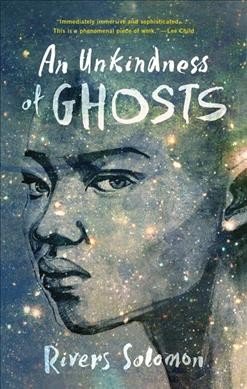
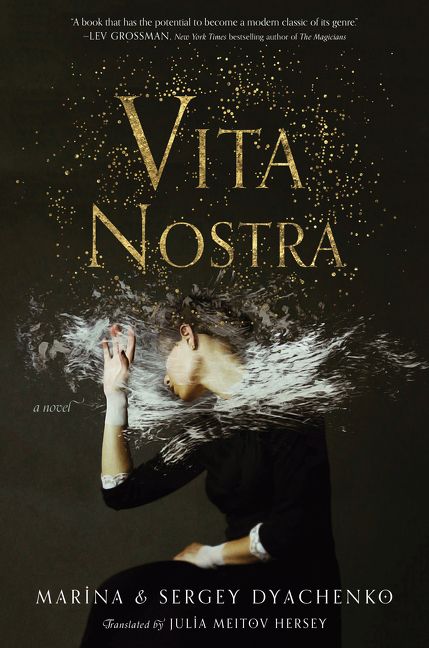
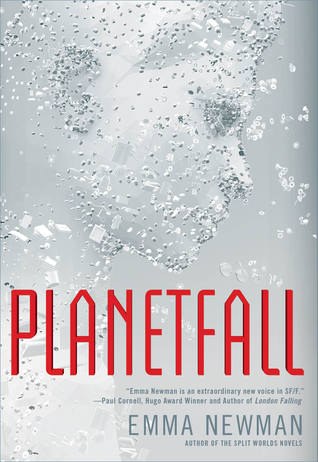
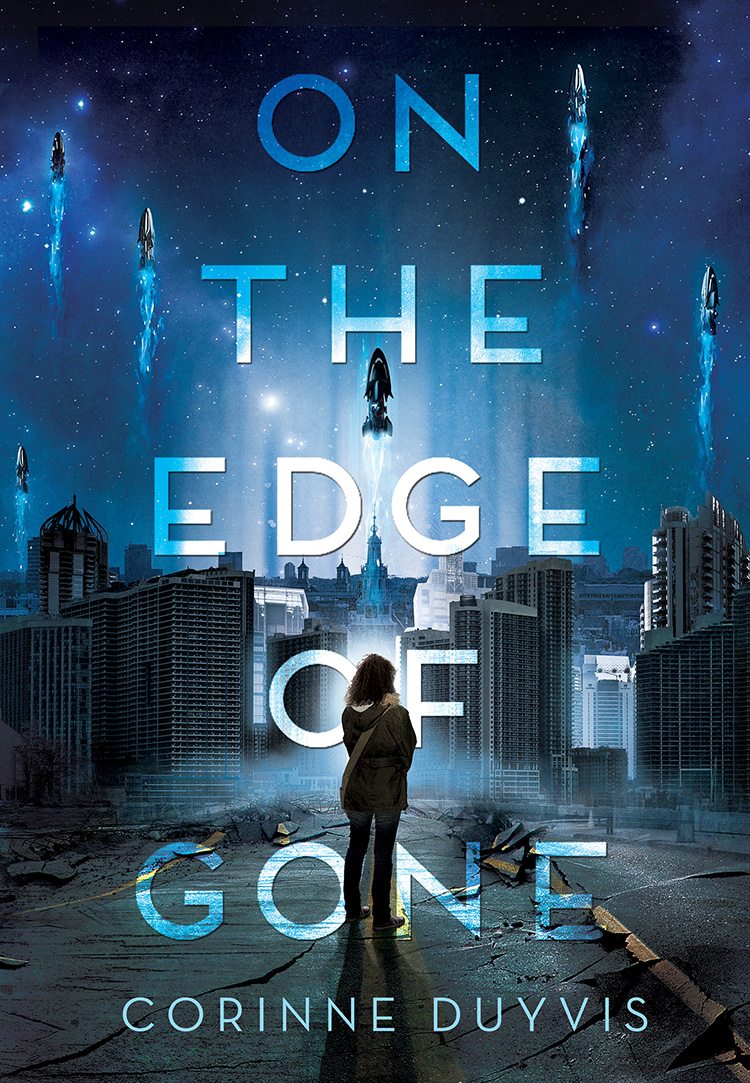
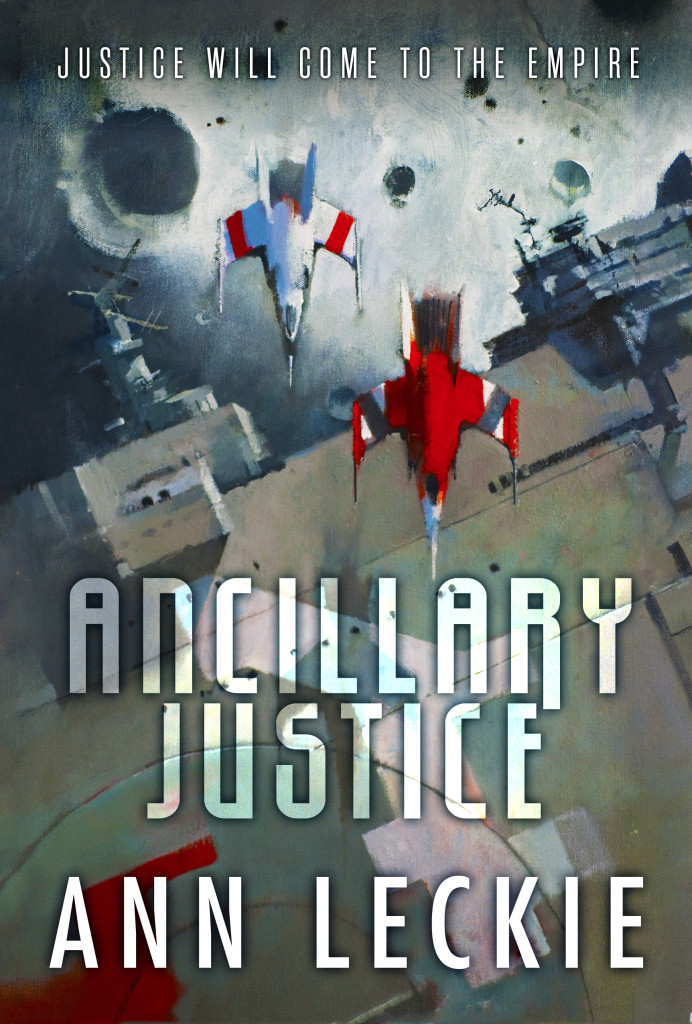
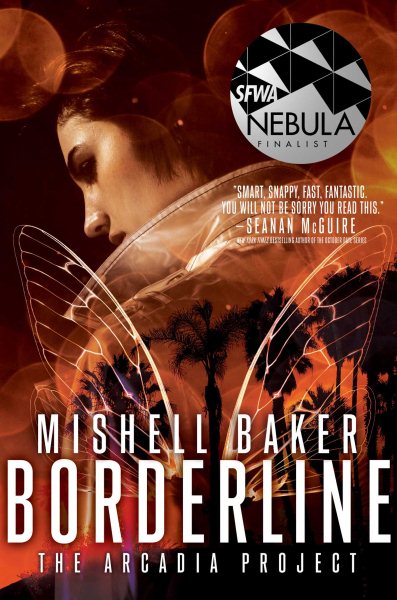
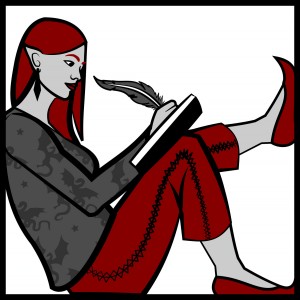
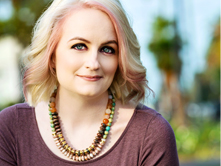
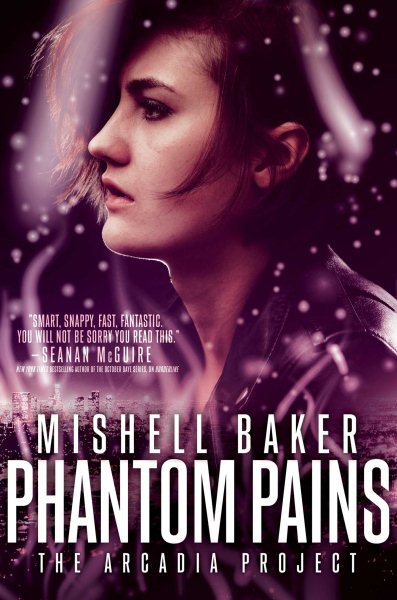
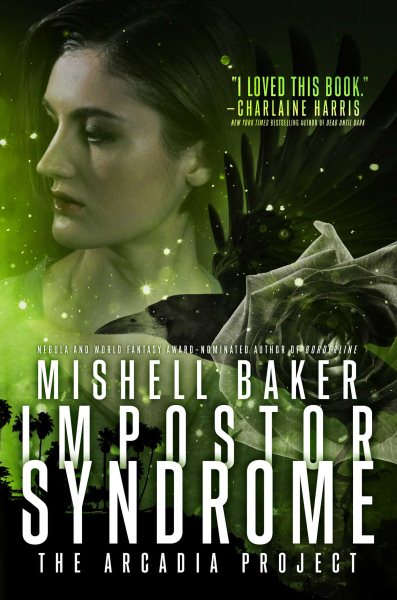




































































Connect with the Sirens community
Sign up for the Sirens newsletter